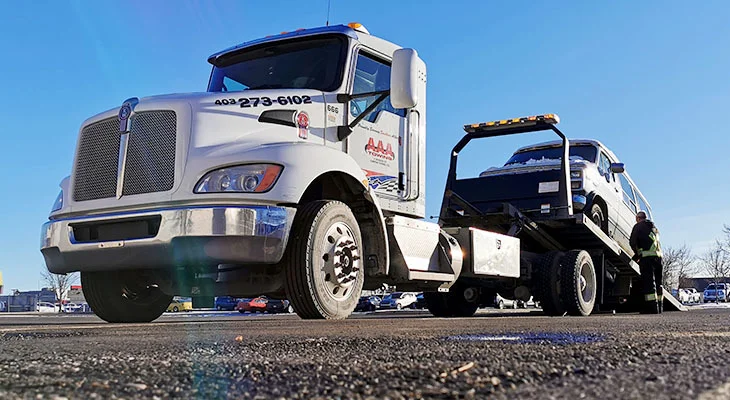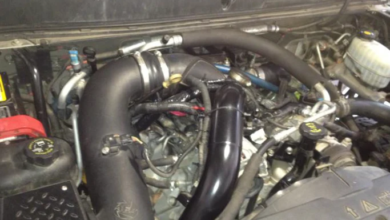Ensuring Trailer Safety: Essential Tips for Secure Hauling

Trailer safety is paramount for transporting goods, livestock, or recreational vehicles. Ensuring your trailer is secure protects your load and safeguards other road users. Investing in quality equipment like hitch pins with lock can significantly prevent accidents and theft. The National Highway Traffic Safety Administration (NHTSA) states that poor trailer safety can lead to severe collisions. Thus, it’s critical to adhere to safe hauling best practices.
When it comes to trailer safety, every small detail counts. Using unreliable or broken equipment increases risks on the road. It’s not just about following regulations; it’s about ensuring the safety of everyone on the road. Failing to secure your trailer correctly can lead to malfunctioning components, loss of control, or even detachment while driving, causing catastrophic consequences. Hence, it’s highly recommended that robust locking mechanisms are always used and that all parts are in good condition.
Choosing the Right Locking Mechanism
The choice of your trailer’s locking mechanism significantly enhances its security. High-quality hitch pins protect against theft, while reliable locking systems prevent unexpected detachments. Regular inspections, heavy-duty locks, and durable materials like hardened steel offer additional security. The peace of mind of knowing your trailer is securely hitched and protected from theft is crucial during long trips or unattended periods.
Properly Loading Your Trailer
Loading your trailer correctly is crucial for balance and control. Accidents can result from overloading or unequal weight distribution. It’s essential to adhere to guidelines on weight limits and always load heavier items toward the front of the trailer. Incorrect loading can cause swaying, increased stopping distance, and reduced control, making it harder to manage your vehicle.
Improper loading risks the safety of your cargo and everyone on the road. The added strain on the vehicle’s brakes, tires, and suspension components can cause premature wear and potential failures, leading to dangerous situations. Ensuring the correct load distribution helps maintain better control, stability, and overall efficiency in hauling.
Steps for Proper Loading:
- Distribute weight evenly across the trailer. It helps maintain balance and prevent swaying.
- Lighter things should be positioned closer to the front for stability. It shifts the center of gravity closer to the towing vehicle, improving control.
- Secure all items to prevent shifting during transit. Use straps, ropes, or nets to keep your load in place.
- Follow your trailer’s weight limit specifications. Stay within the recommended weight to avoid overloading the axle and suspension.
Routine Maintenance Tips
Regular maintenance is critical to trailer safety. Check tires for wear and tear, inspect the braking system, and ensure lights and signals function correctly. Regular inspections help stop minor concerns from developing into bigger ones while driving. Performing a pre-trip inspection can save you from unexpected breakdowns and ensure a smooth journey.
It is advisable to inspect your trailer thoroughly before any long journey. This should include examining the hitch, chains, and locks to ensure everything is in perfect working order. Tire inspections are crucial, as underinflated or overinflated tires can lead to blowouts, reducing your vehicle’s control and stability.
Maintenance Checklist:
- Check tire pressure and tread depth. Properly inflated tires with good tread ensure better handling and braking efficiency.
- Inspect and lubricate the hitch and locking pins. Regular lubrication prevents rust and ensures smooth operation.
- Test all lights and signals for proper operation. Ensure your turn signals, brake, and danger lights are on and working correctly.
- Verify the condition of safety chains and towing straps. Replace any frayed or damaged straps immediately.
Understanding Legal Requirements
Abiding by legal requirements is essential for trailer safety. Different states have specific regulations regarding trailer usage, including weight limits, speed restrictions, and necessary safety features. Familiarize yourself with the laws in your area to ensure compliance and avoid penalties. Refrain from disregarding these regulations to avoid costly fines and a higher chance of accidents.
Always keep your vehicle registration, insurance, and inspection documents current. Regular inspections by certified professionals can help identify potential issues before they become significant problems. Adherence to legal mandates guarantees your well-being and shields you from possible legal consequences in the event of an incident.



